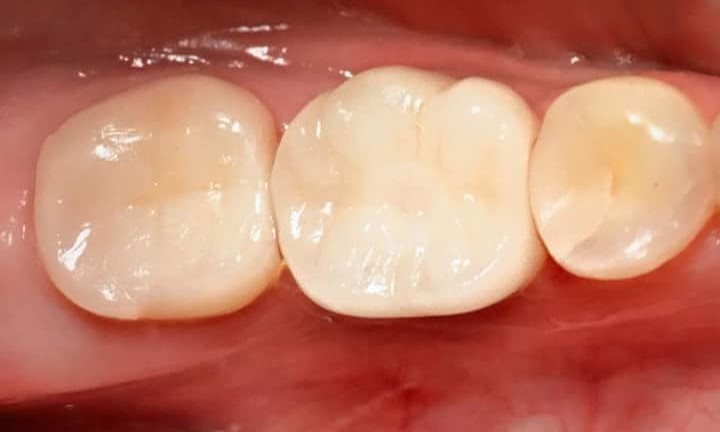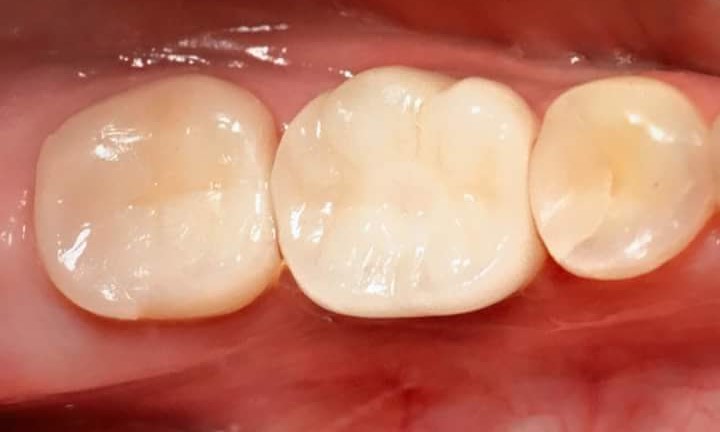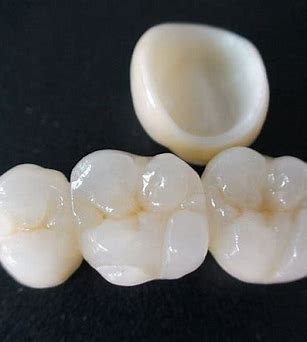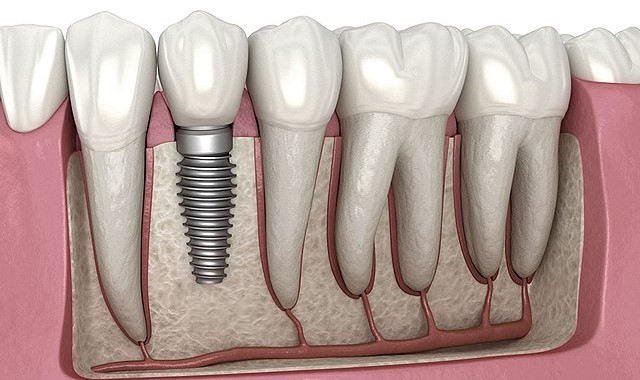Zirconia dental crowns have become an increasingly popular option in recent years for those looking to restore their teeth to their original form and function. These crowns are made of zirconia, a type of ceramic that is commonly used in dentistry to create strong, durable, and long-lasting dental restorations. In this article, we will look at the cost, preparation method, cementation, as well as the advantages and disadvantages of zirconia dental crowns.
Related Article :- Dental capping 101
What Is The Cost Of Zirconia Dental Crown?
Zirconia dental crowns are more expensive than traditional metal or porcelain crowns, but they offer many benefits that make them worth the investment. The cost of zirconia dental crowns can vary depending on various factors such as location, the reputation of the dentist, and the complexity of the procedure. On average, the cost of a zirconia dental crown can range anywhere from $1000 to $1500 per tooth.
Preparation Method For Zirconia Crown:
The preparation method for zirconia dental crowns involves removing the damaged or decayed part of the tooth and taking an impression of the remaining tooth structure. The dentist will then send the impression to the laboratory where a customized zirconia dental crown is created.
The manufacturing of zirconia crowns is completed using computer-aided design and computer-aided manufacturing technology, which enables a precise fit and accuracy of the final restoration. It also helps to reduce the processing time and offers a high degree of precision and accuracy.

Cementation Of Zirconia Crowns:
Once the customized zirconia crown is received from the laboratory, the dentist fits it on the prepared tooth structure and bonds it with dental cement. It is crucial to ensure that the crown is seated correctly and precisely to promote its durability and performance.
Advantages of Zirconia Dental Crowns
1. Durability – Zirconia dental crowns are incredibly durable and long-lasting, which means they can withstand the biting and chewing forces placed on them by the patient.
2. Resistant to Chips and Cracks – Zirconia is a robust material that can resist chips and cracks, unlike porcelain dental crowns, which can be brittle and subject to damage.
3. Natural Appearance – Zirconia dental crowns have a translucent and aesthetic appearance that is very similar to natural teeth. This makes them ideal for use in anterior teeth.
4. Biocompatible – Zirconia is biocompatible, which means it does not irritate the surrounding oral tissues or the immune system.
Disadvantages of Zirconia Dental Crowns
1. High Cost – Zirconia dental crowns are more expensive than other types of dental crowns, such as metal or porcelain crowns.
2. Difficult to Repair – Unlike metal or porcelain crowns that can be repaired easily, zirconia dental crowns are difficult to repair if they break or crack.
3. Additional Grinding – Though zirconia is a very durable material, some grinding of the opposing teeth may be needed to prevent excessive wear and tear on the crowns.
4. Less Margin Adaptation – Although CAD/CAM milling has improved the margin adaptation of zirconia crowns, they still have less margin adaptation compared to other crowns.
RELATED ARTICLE :- Zirconia Vs Porcelain Tooth Capping
Conclusion
Zirconia dental crowns offer many benefits over traditional dental crowns, such as durability, resistance to chips and cracks, and natural appearance. However, they have a high cost and are difficult to repair if they break or crack. It is essential to discuss with your dentist and seek their professional opinion regarding after-care and the overall procedure for inserting a zirconia dental crown.





One thought on “What Are Zirconia Dental Crowns?”